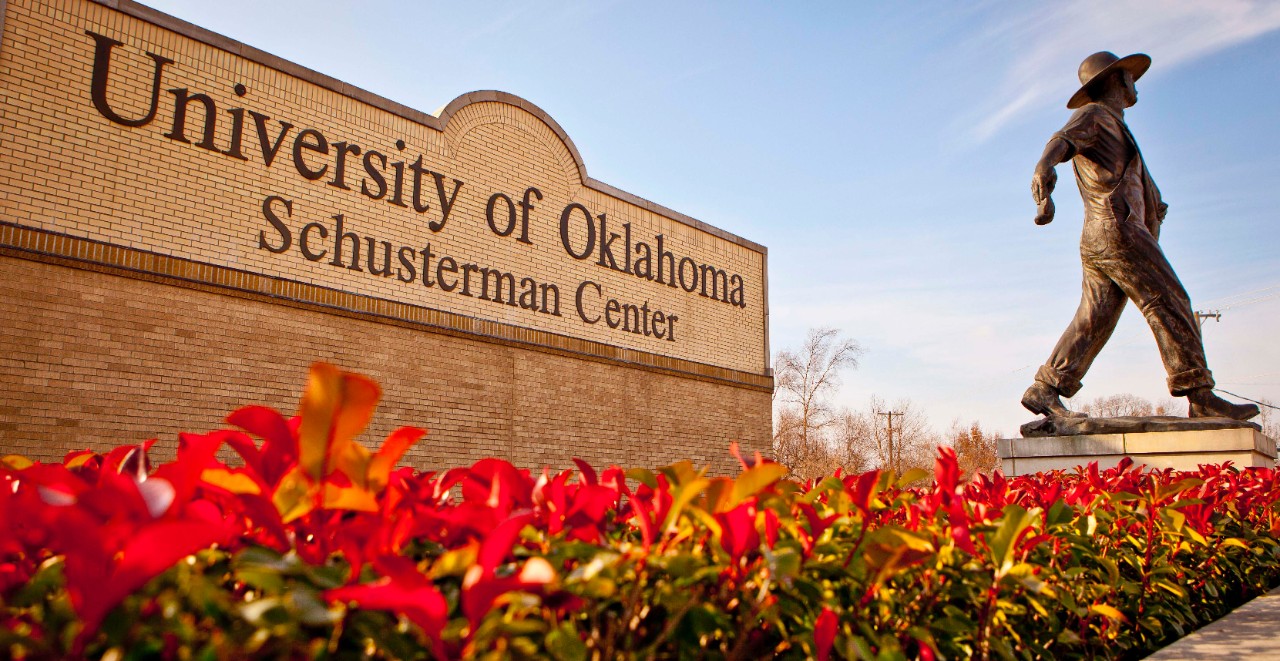Division of Nephrology and Hypertension
About Our Fellowship

The University of Oklahoma School of Community Medicine, Division of Nephrology, in conjunction with Kidney Care Oklahoma, provides a very robust two-year ACGME accredited fellowship in nephrology. A mix of academic physicians and private practice nephrologists train the fellows.
The Division of Nephrology and Hypertension provides a challenging, interdisciplinary environment for fellows to excel in the field. The program’s strength lies in its balance; fellows manage a mixture of common and rare renal diseases and attend to a very diverse patient population. The primary goal of the program is to graduate individuals who are skilled, knowledgeable, and compassionate nephrologists. Those who complete the program will be well prepared to pass the subspecialty certifying examination and will demonstrate the analytical and procedural skills needed to pursue a career in nephrology practice.
To achieve these objectives, the program emphasizes a comprehensive knowledge of pathophysiology and clinical aspects of nephrology, including the entire spectrum of renal, electrolyte, acid-base, and hypertensive disorders as well as provides extensive exposure to inpatient and consultative nephrology. Appropriate attention is devoted to the conceptual and procedural aspects of renal replacement therapy including various forms of peritoneal dialysis, hemodialysis, and renal transplantation. Fellows have the opportunity to learn interventional nephrology techniques, including kidney biopsies, tunneled catheter placement and interventions on arteriovenous fistula and grafts. The program offers adequate opportunities for basic and clinical research.

Fellows spend 8 to 9 months on the nephrology consult service, 4 months in transplant medicine and 4 months on a dialysis rotation. Our participating hospitals are Ascension Saint John Medical Center and Hillcrest Medical Center in Tulsa. The two hospitals are located close to each other. Academic conferences are either held live or via zoom.
Rotations in interventional radiology and vascular surgery help with building concepts about planning and maintaining vascular access as well as complications of vascular access. Urology rotation teaches fellows about kidney stones, obstructive uropathy and kidney masses among other diseases. A one-month rotation in the Cardiovascular Intensive Care at Hillcrest Medical Center is focused on management of kidney injury and renal replacement modalities in patients on left ventricular assist devices and extracorporeal membrane oxygenation.
The outpatient clinics are held in the offices of Kidney Care Oklahoma. The dialysis rotations are held in Fresenius Kidney Care Dialysis Clinics in Tulsa and Owasso.
Mission Statament
- Provide the highest level of medical care to patients
- Advance the art and science of nephrology through research and discovery
- Train physicians to become leaders in the science of medicine and nephrology
The University of Oklahoma, in compliance with all applicable federal and state laws and regulations does not discriminate on the basis of race, color, national origin, sex, sexual orientation, genetic information, gender identity, gender expression, age, religion, disability, political beliefs, or status as a veteran in any of its policies, practices, or procedures. This includes, but is not limited to: admissions, employment, financial aid, and educational services.
Inquiries regarding non-discrimination policies may be found at https://www.ou.edu/eoo.

